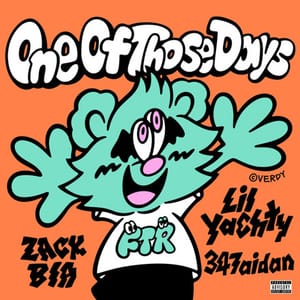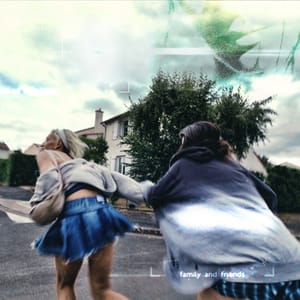Everything is blooming and so does The Rest. To celebrate, we are offering our annual subscription with a 25% discount. As a paying subscriber you get:
- A handpicked song delivered to your inbox every weekday (smartlink to music platforms)
- A “Wow, I didn't know that!” background story
- Full access to the complete archive
- Full access to the comments section incl. inputs from the community
- An ad-free experience across all channels of The Rest
The Rest presents a song and an insightful story about it every weekday.
You can enjoy the song on your preferred streaming platform while the story will give you something to ponder and discuss with your family, friends and colleagues.
Learn more about The Rest here.



